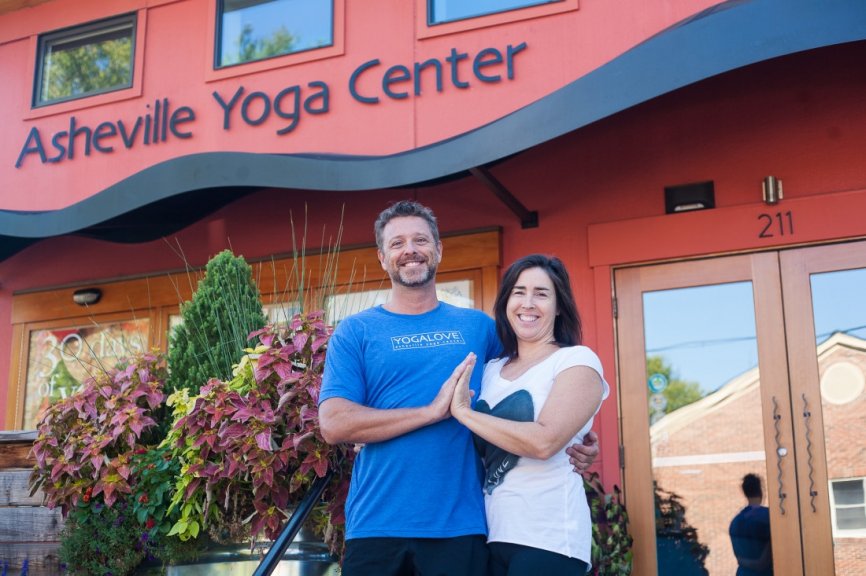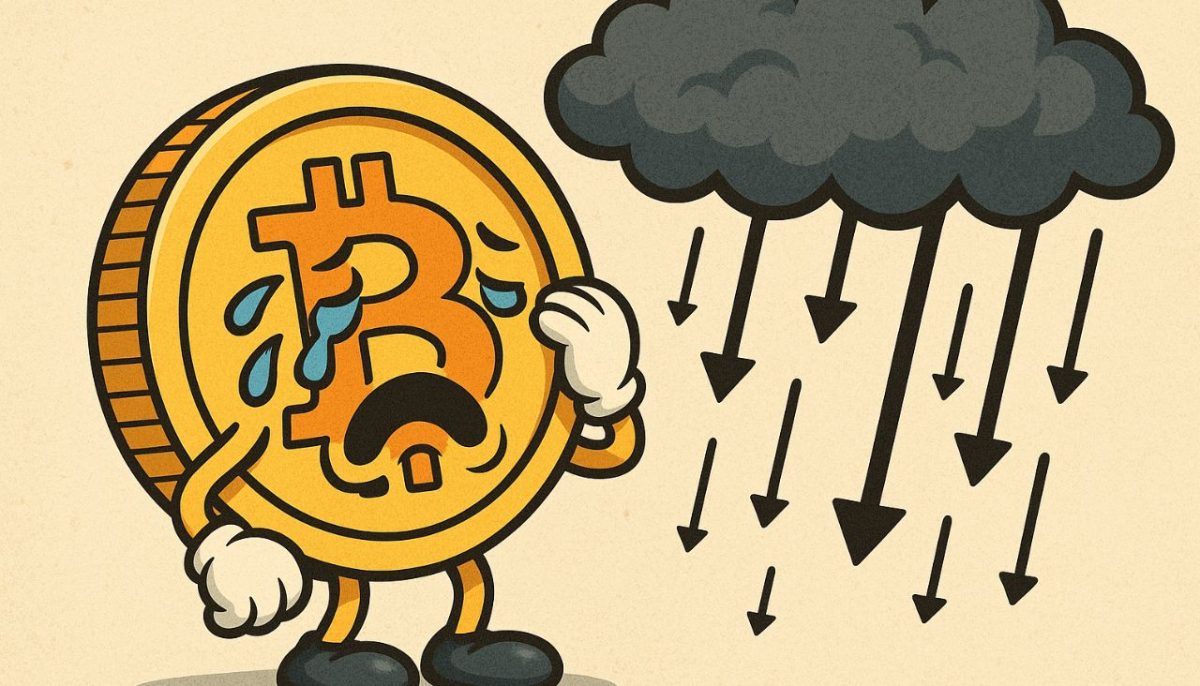Nothing Is More Important Than Your Buddhanature
“What if,” asks Tsadra Foundation executive director Marcus Perman, “we were brought up with the knowledge that each one of us is by nature capable of complete freedom from suffering, and that we possess wisdom and compassion on a...

by Marcus Perman| September 20, 2023
“What if,” asks Tsadra Foundation executive director Marcus Perman, “we were brought up with the knowledge that each one of us is by nature capable of complete freedom from suffering, and that we possess wisdom and compassion on a nearly unthinkable scale?”

Photo by Jason Sung
Buddhists often talk about suffering, emptiness, inter-dependence, and other philosophies and practices, but behind all of it is one simple teaching: buddhanature. Buddhism is notoriously complex, and sometimes it seems difficult for people to know where to start. From my perspective, we should always start with buddhanature.
Simple, yet profound, the teachings on buddhanature are relatable for contemporary audiences, but more importantly, it is this most fundamental seed that precedes the entire path of Buddhist practice. Buddhanature is what makes Buddhist practice possible. It might even be the reason you are reading this magazine right now.
When Tsadra Foundation decided to launch a series of online resource projects for education about Buddhism, we had many years of translation and publications on the most advanced philosophies and practices of Tibetan Buddhism to draw from. However, instead of focusing on the 84,000 other topics we could have begun with, we started with buddhanature, developing the most complete multimedia resource library on the topic (buddhanature.org), conducting interviews and supporting conferences, meetings, translation projects, and ongoing writing on the subject. Many people were surprised by the choice of topic, and I in turn was surprised by some of the derisive reactions to the topic as a whole, as if Madhyamaka or Dzogchen were so much higher and more important.
Nothing is more important than your buddhanature. The teachings on it form the basis for Mahamudra, Dzogchen, and the entirety of Tantric practice in any tradition.
While undoubtedly making it easier to connect with people around the world, most of our media these days primarily tells us that we are not good enough, we don’t have enough, there is something wrong with us, and this has inspired an epidemic of mental distress and self-loathing on a scale never seen before. What if, instead of being told we are not good enough, we were brought up with the knowledge that each one of us is by nature capable of complete freedom from suffering, and that we possess wisdom and compassion on a nearly unthinkable scale? What if we knew that fundamentally our deepest self is actually a wellspring of goodness and wisdom that is always present?
When I asked my friend Karl Brunnhölzl, a practitioner, scholar, teacher, and master translator of Buddhist texts, what he thought buddhanature is, he said, off the cuff: “Buddhanature is the innate primordial freedom of the mind, which is naturally imbued with wisdom, compassion, power, and bliss.”
If we pause a moment and try to unpack that statement, the entirety of Buddhist teachings falls out of it. And if we take issue with it, and say, “yes, but emptiness…,” the same will occur. The history of Buddhism is filled with debates about what exactly buddhanature means, and it is through investigating its meaning, and the arguments around it, that I have learned so much, and gained so much personally in my own life.
Having spent many years working with Tsadra Foundation on projects that support the balanced study and practice of Tibetan Buddhism, I am so pleased that this issue of Buddhadharma will be focused on this essential topic. I hope all of you reading this will enjoy this issue and that it will inspire you to explore these teachings further via the many online resources we at Tsadra have made available at buddhanature.org.

 ShanonG
ShanonG 
































